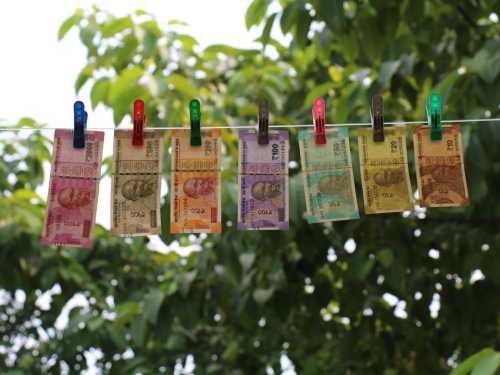
The central government in Beijing is trying to resolve the housing affordability issues plaguing many Chinese cities by encouraging first-time homebuyer demand and curbing the speculative factors which have driven real estate market expansion since 2015.
Kristian Rouz — The issue of high property values still lingers in Mainland China despite Beijing’s effort to curb the influx of real estate investment, in order to cool the market and stave off fears of a bubble. However, fewer Chinese cities recorded increases in property prices last month, suggesting the central government’s policies are working, albeit with a limited effect.
Mainland China’s new home prices rose an average of 5 percent year-on-year in January across the Communist nation’s 70 major cities. Home prices rose 0.3 percent on a month-on-month basis as well.
However, the value of housing rose in 52 cities last month, compared to 57 in December, according to a report from Beijing’s National Bureau of Statistics (NBS).
The central government has implemented stricter controls over the property market in at least 125 cities, as Beijing puts an effort into increasing the rental market supply and adjusts its housing sales rules.
“Expecting housing policy to ease in 2018 would be unrealistic,” Alan Jin of Mizuho Securities Asia said. “The tightening measures implemented in 2017 are very likely to take their toll in 2018.”
The ongoing increase in housing prices across many cities is stemming from provincial governments’ efforts to accommodate first-time buyers. At the same time, provincial governments seek to encourage home sales, contrary to Beijing’s efforts, and the mainland’s regions remain overleveraged. Their budgets require higher tax revenues to service their debt obligations.
The discrepancies between the policies implemented by the central and provincial governments threaten to further fuel the increases in home prices in Mainland China, increasing the likelihood of a real estate market meltdown.
Additionally, the exacerbating issue of housing affordability restrains Mainland China’s consumer purchasing power, and impairs the quality of life.
Some cities have recorded a decline in housing prices due to the restrictions imposed by Beijing. This as higher home values are starting to bite, affecting the market: new-home sales in China’s 50 top cities dropped 18 percent month-on-month in January, according to a report from China Real Estate Information Corp.
“The housing prices in tier-one cities reversed from growth to a decline and there was a slowdown in the growth rate in tier two and three cities,” the NBS observed.
Mainland China’s housing market has been accelerating since 2015, when stock market volatility drove investors into safe-haven assets, including real estate. While China’s foreign investment is limited, as Beijing is trying to curb the outflow of capital from the mainland, real estate remains a top investor go-to when it comes to allocating capital and safeguarding investments.
Higher property prices have affected smaller Chinese cities as well. According to China’s private-sector monitor, China Index Academy, real estate sales slowed across the three main tiers of Chinese cities by between 10 and 15 percent.
Nonetheless, the demand for Chinese properties remains sustainable, as the nation’s manufacturing sector and exports are bringing sustainable revenues to its corporations, trickling down to the would-be home-buyers.
The Chinese city of Wuhan introduced a program, which puts first-time homebuyers on the top-priority list in winning home-purchase bids — an effort to help offset the rife affordability issues plaguing the city’s real estate market.
This as Mainland China’s property sales are set to surpass $103 bln this year.
Beijing is taking further action to boost property sales, while lowering housing prices, in line with Premier Xi Jinping’s statement the homes are “to be inhabited, not for speculation.”
Additionally, the People’s Bank of China (PBOC) has kept its benchmark borrowing costs at 4.35 percent this year, while imposing tougher financial controls and introducing measures to curb shadow banking and improper wealth management — the key drivers of speculative demand for property.
Sourse: sputniknews.com






